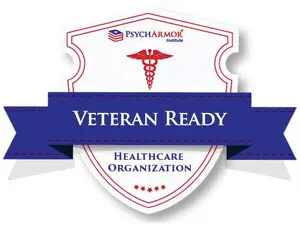DEA blocks CVS Controlled Substance Sales
DEA blocks CVS Controlled Substance Sales
The U.S. Drug Enforcement Administration has banned two Central Florida CVS stores from selling certain controlled substances administered by one of the nation’s largest prescription drug wholesale distributors, Cardinal Health. The DEA recently issued a suspension order against Cardinal Health in order to prevent the drug distributor from shipping certain drugs, most notably the very powerful and addictive painkiller oxycodone. Though DEA agents have investigated and taken similar action against locally owned pharmacies, this is thought to be the first time that a major retailer like CVS has been a target. In February the DEA raided two CVS pharmacies in Sanford, Florida (FL) because they claim that the pharmacies are an imminent danger to the public.
This is a very interesting development in the battle against prescription pain killers and their potential harm to consumers. In recent years drugs like oxycodone, Percocet, and vicodin have become incredibly popular drugs for abuse and their chemical compounds result in an extremely addictive substance. Not only are many people addicted to and abusing prescription pain killers but naturally, given the nature of the drug culture, people who are prescribed these drugs are often becoming targets for robbery. It’s also been found that some doctors and pharmacists are involved in the illegal distribution of prescription pain killers. The whole situation involving these pills is quite messy and disturbing, but the most important facet of the equation for those who have naturally become addicted to the pills, due to prescribed use for pain, or those who have abused the drug illegally is for them to get clean and off of these highly addictive drugs.
Individuals who abuse or are addicted to prescription medications can be treated. Initially, they may need to undergo medically supervised detoxification in order to help reduce the withdrawal symptoms—however, that’s just the first step. Options for effectively treating addiction to prescription pills are drawn from research on treating heroin addiction. Behavioral treatments combined with medications have proven effective. Finding the right treatment center can make all the difference for a patient because certain standard programs may not work. At Seabrook, patients can take comfort in knowing that we structure individually inspired detox and rehab programs in order to fit the needs of each unique patient. All Seabrook programs are grounded in the Twelve Steps of Alcoholics Anonymous (AA) and Narcotics Anonymous (NA). The Seabrook Model® of treatment includes a multifaceted medical approach to alcohol and other drugs including opiate detoxification, gender-specific therapy with special emphasis on relapse prevention, and family intervention services. Seabrook has rehab facilities located in New Jersey (NJ) and Pennsylvania (PA) and also an outpatient office in New York (NY). If you or a loved one has a problem with prescription pills, contact Seabrook today to get answers you need.



